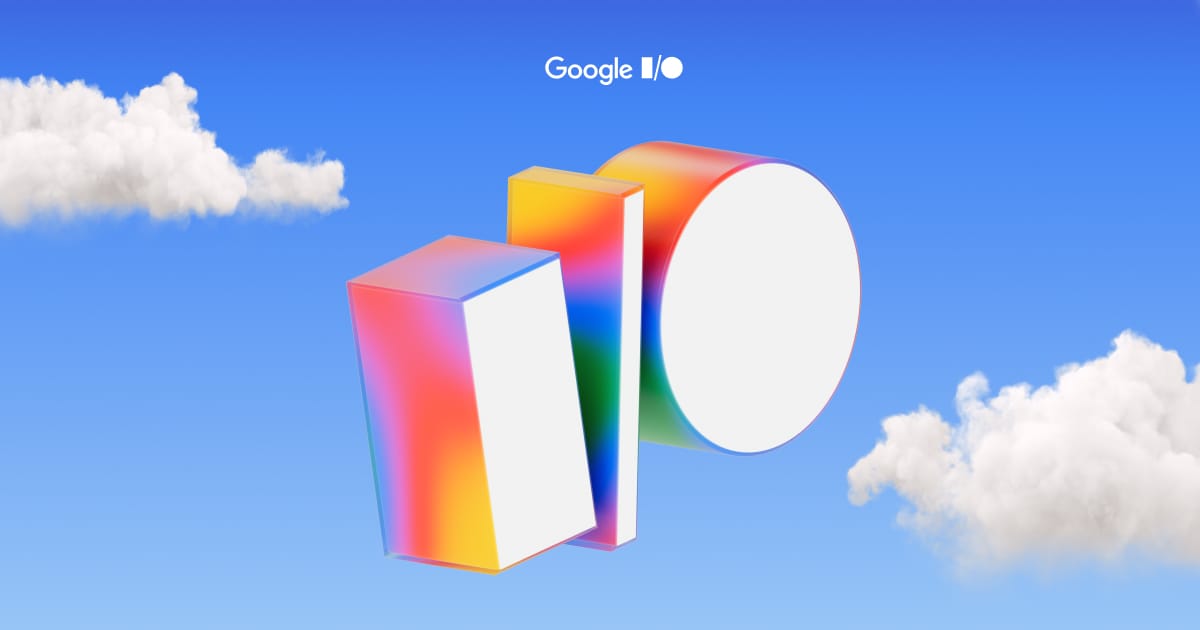Google I/O 2025 Launches $250 Monthly AI Subscription
Google I/O 2025 solidified the company's focus on AI applications. The headline announcement at Google I/O 2025 — the company’s annual developer conference which took place today — wasn’t a futuristic demo or another chatbot update. It was a price tag. Google’s new AI Ultra subscription costs $249.99 per month, offering early access to its most powerful Gemini models, tools and a growing suite of automation features.
That price makes it one of the most expensive flat-rate AI subscriptions on the market. But it’s not without precedent. Both OpenAI’s Pro plan and Anthropic’s Claude Max tier plans are $200 per month. What sets Google apart, however, is the bundling. The Ultra AI plan includes the company’s best Gemini model, access to experimental tools, 30TB of cloud storage and YouTube Premium — all wrapped in a publicly advertised plan aimed at developers and power users. It also marks a shift in how Google wants to position Gemini — not just as a behind-the-scenes engine powering search and Workspace but as a standalone, monetizable product in its own right.
Focus on AI and Hardware
Google I/O 2025 was light on hardware news, but the company did show off its Android XR platform. XR, or extended reality, is a catch-all term that includes augmented reality (AR), virtual reality (VR) and mixed reality (MR) — technologies that blend digital content with the real world through headsets or smart glasses.
The new Android XR platform is designed to support this spectrum of experiences, starting with Samsung’s upcoming Project Moohan headset. Built in collaboration with Google and Qualcomm, Moohan is a fully immersive device — similar in form factor to a VR headset — designed for entertainment, productivity and AI-assisted interaction. Slated for release later this year, it will run Android XR and include deep integration with Gemini for navigation, guidance, and real-time help in virtual environments.

Google also previewed a series of Android XR smart glasses built in collaboration with Gentle Monster, Xreal, and Warby Parker. These glasses integrate microphones, cameras, and displays to enable features like live translation, object recognition, and visual overlays — all powered by Gemini. Unlike earlier Glass prototypes, the focus here is on consumer-ready styling, with fashion-forward designs that aim to bring AI wearables into everyday life.
Competition with Meta
These XR announcements position Google more squarely in competition with Meta, which already has a consumer presence through its Ray-Ban Meta smart glasses — offering features like hands-free image capture, audio playback, and integration with Meta AI. Meta is also developing a more advanced AR headset, codenamed Orion, which is expected to push further into immersive spatial computing.
Advancements in AI
AI image generation tools are one of the most accessible, mainstream applications of AI. At I/O 2025, Google introduced Imagen 4, its most advanced text-to-image model to date, promising significant improvements in image quality, like rendering intricate details such as fabrics, water droplets, and animal fur with remarkable realism. Another standout feature is its enhanced ability to generate accurate and legible text within images, addressing a common limitation in previous models.
Project Astra, a prototype multimodal agent shown live at I/O, was arguably the most futuristic part of the keynote. Point your phone at a cluttered desk, and Astra can describe what it sees, pull relevant information from your environment, and maintain an ongoing voice conversation.

Google's Strategy
The new AI Mode in Google Search is now live for all users in the US. Instead of 10 blue links, users are presented with AI-written summaries, contextual explanations, and citations — a move designed to stem the rise of people turning to ChatGPT or Perplexity for instant answers. This shift also risks Google’s lucrative business, as replacing link-based queries with AI answers reduces the number of clickable ad slots. Google is experimenting with new ad formats inside these AI summaries, hoping that AI will expand search usage, not cannibalize it.
Google has moved decisively, introducing Gemini 2.5 Pro as its most advanced AI yet and showing off Beam, a high-end 3D video chat system. The system uses depth sensors and AI-driven rendering to recreate virtual face-to-face interactions, initially targeted at enterprise use. Google’s focus on AI is evident, embedding it in products, packaging it into subscriptions, and tying it into how the company intends to make money going forward.




















